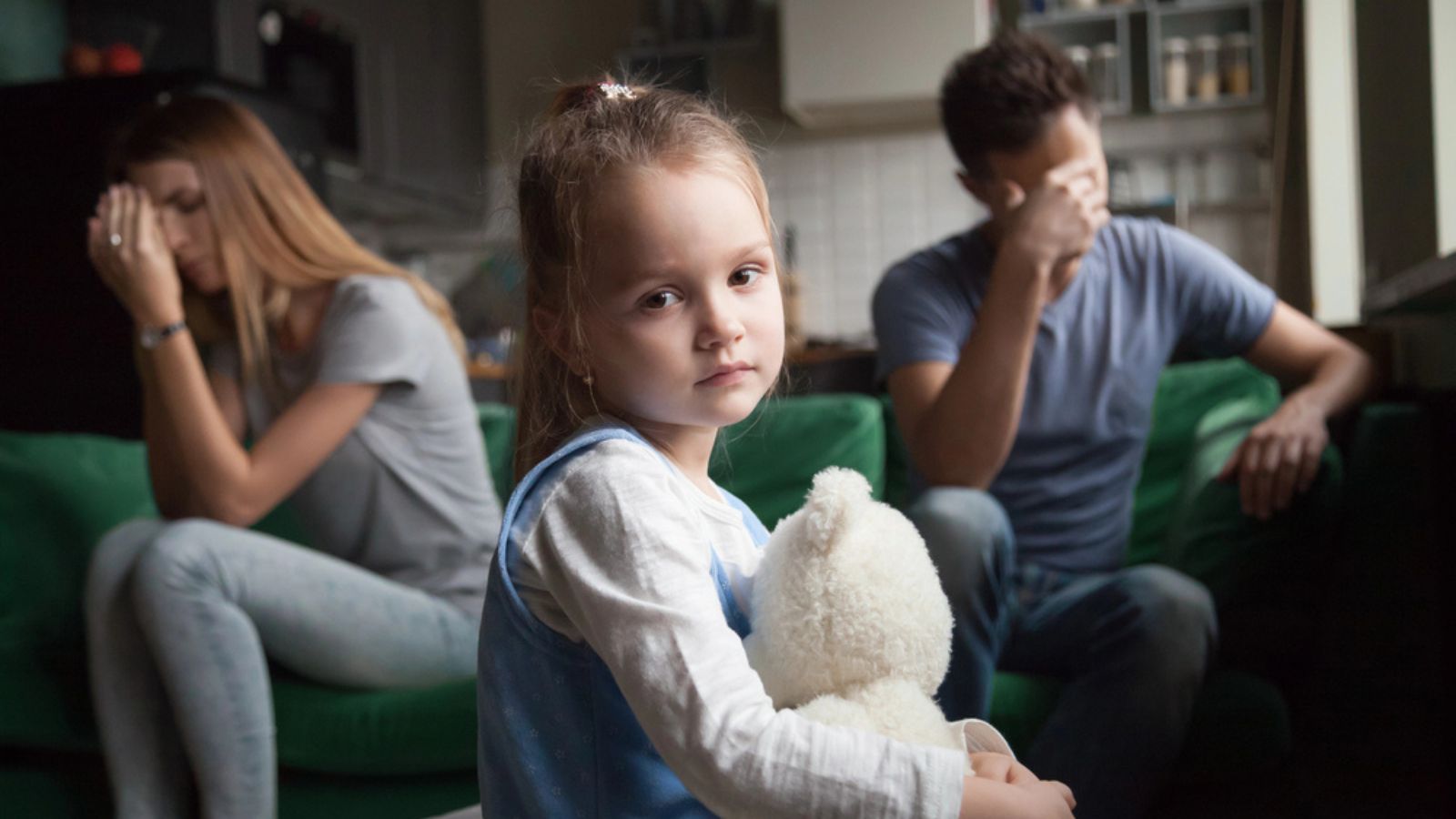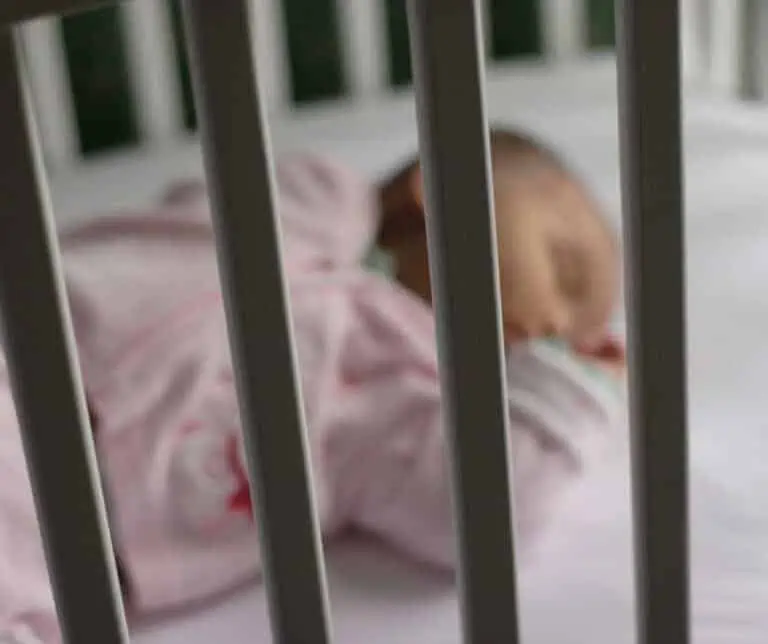24 Things Parents Do That Traumatize Their Children for Life
This post may contain affiliate links. As an Amazon Associate, I earn from qualifying purchases.
Children are vulnerable and impressionable, which means that their parents’ actions can profoundly impact their emotional well-being. Kids can learn valuable lessons from their parents, but sometimes, certain behaviors can damage them for life.
Unfortunately, many parents may not realize the long-term effects of their behavior on their children and unintentionally traumatize them. While we can blame everything on our adults, our shortcomings can sometimes be traced back to their mistakes in raising us.
Here are 24 things that parents do that could potentially traumatize their children for life.
1. Setting A Bad Example Of A Relationship

Some parents stay in toxic or abusive relationships, making kids think that this is what a relationship should look like. Children may grow up thinking it’s normal for partners to yell at each other or even become violent. As a result, they may end up in similar unhealthy relationships themselves.
Parents should do their best to model healthy relationships and teach their children that they deserve to be treated with respect and love. Getting out of an unhealthy relationship takes courage, but it sets such a great example for young, impressionable minds.
2. Broken Marriages

Even if there isn’t violence or abuse, some parents resent each other, and it shows in their behavior. Children can sense the tension and may feel like they have to choose sides or that they are the cause of their parents’ unhappiness.
Divorce is never easy for anyone involved, but parents should make an effort to co-parent amicably and not involve their children in any animosity.
3. They Made Lying A Lifestyle

Parents are expected to teach their children the best manners and virtues. Unfortunately, some kids learn the art of deception early on from their parents.
Lying to children (or others), either by omission or outright, can damage the trust that is so crucial in any relationship. Parents should model honesty and integrity for their children as best they can.
4. All the Deception

In addition to lying, other forms of deception affect a child’s go-to behaviors. Stealing, gaslighting, and psychological games are all things some kids grow up fully exposed to. Kids cannot fully grasp that their parents are manipulating them, which can lead to trust and boundary issues later in life.
Children should feel safe with their parents and not worry about what games they may be playing.
5. Being Forced To Grow Up Too Soon
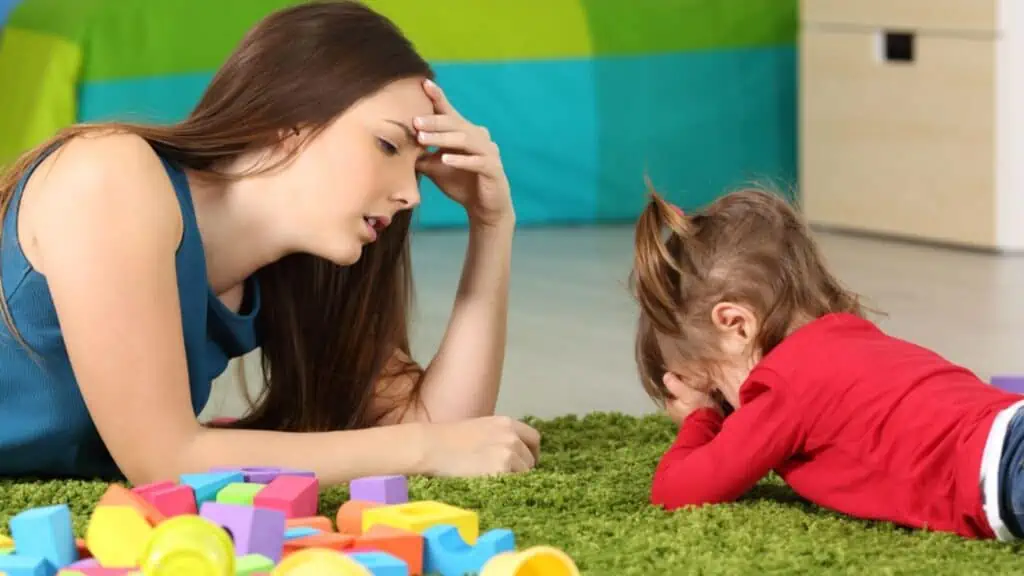
Kids deserve to be kids for as long as possible, but many parents may unintentionally put unnecessary pressure on their children. Whether it’s expecting them to care for their siblings at a young age, excel academically, or participate in countless extracurricular activities, these expectations can cause immense stress and anxiety in a child.
Parents should remember that childhood is a precious time that cannot be regained and allow their children to enjoy it without too much pressure.
6. Too Much Responsbility

Age-appropriate house chores can help a child learn responsibility. They love being included in the household and helping out, but expecting too much from them can result in stress and the loss of valuable playtime.
Children should be allowed to be children and not carry the weight of adult responsibilities.
7. Parents Who Are Too Protective

Most parents naturally protect their kids, and that’s a good thing. However, some parents overprotect and end up ruining their kids’ lives instead. The kids struggle to embrace personal responsibility and lack the motivation to address essential aspects of life.
Parents should balance protecting their children and allowing them to experience life and learn from their mistakes (easier said than done, but essential!).
8. Helicopter Parents Make Kids Anxious
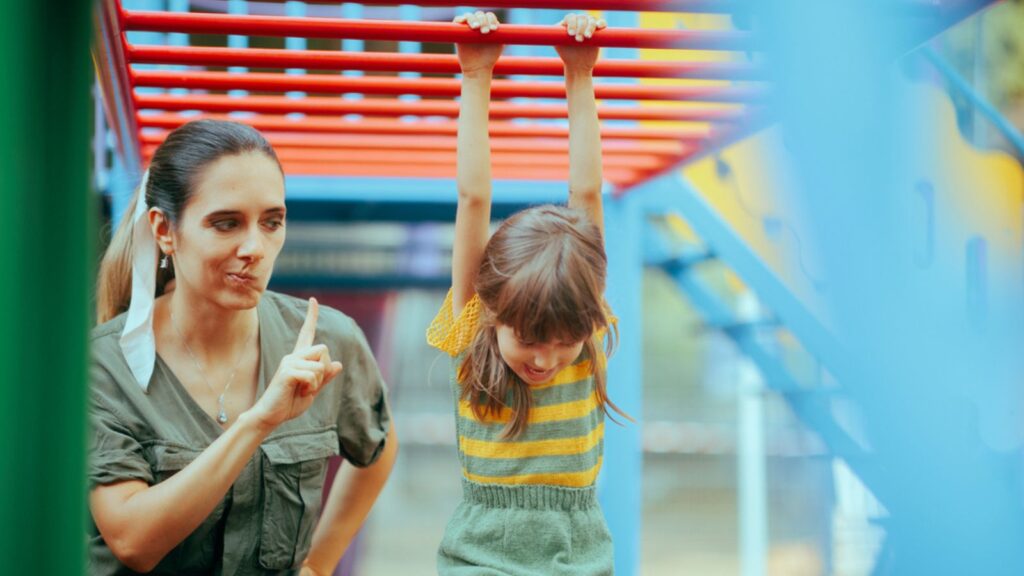
Parents who constantly hover over their kids also cause a lot of anxiety. It often affects a child’s self-esteem and confidence in being able to do anything for themselves- then carrying on to their adult life.
Parents should give their children space to grow, explore, make mistakes, and learn from them.
9. Neglectful Parents
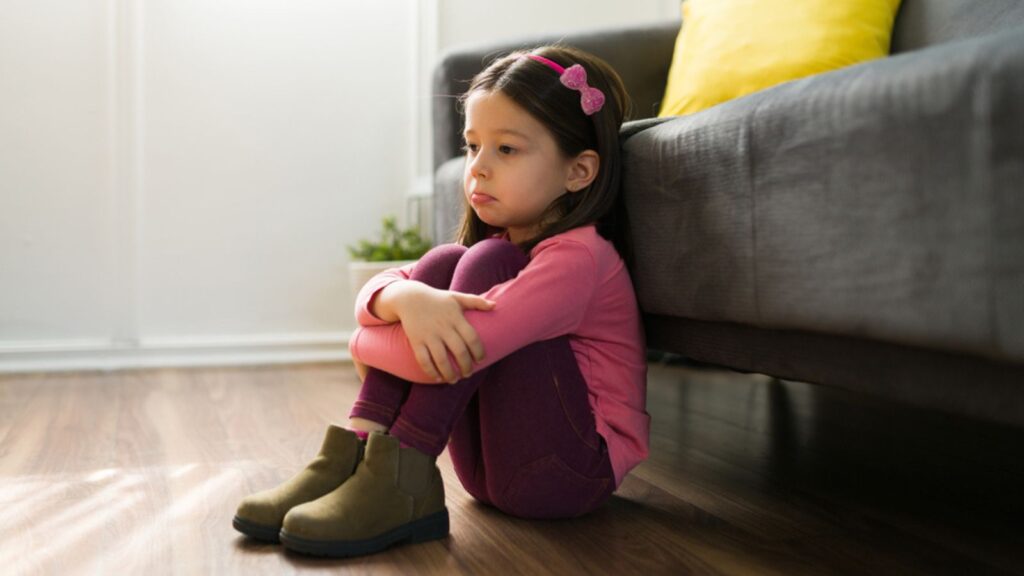
A child deserves to be cared for and protected, and a neglected child is a vulnerable child. Neglectful parents can cause lifelong issues, including attachment disorders and difficulty forming healthy relationships.
Parents should prioritize their children’s physical and emotional needs and provide a safe and nurturing environment. If a parent is feeling disconnected from their kids and not willing to be more nurturing, it might also be time to ask for help from a mental health professional as well and get the support needed for everyone.
10. Downplaying a Child’s Needs
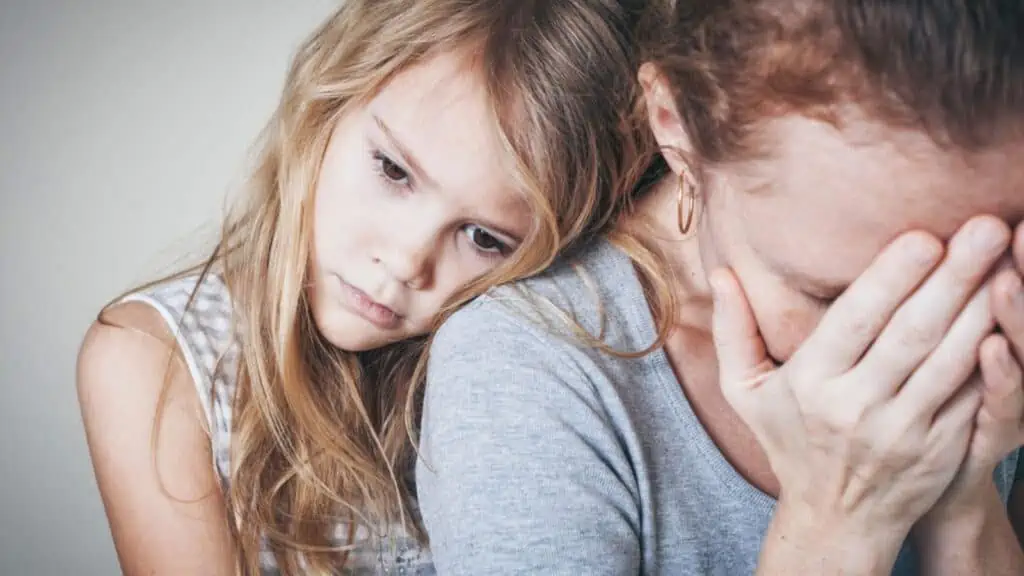
When a child’s needs aren’t taken seriously, even just hugs and playtime, they feel unimportant and irrelevant in life. These little things add up and can result in deep psychological wounds that can have lasting effects.
Parents should make an effort to prioritize their children’s needs, both physical and emotional. Children need their parent’s love and attention to thrive as they learn and grow.
11. Attaching Value to School Grades Only

Doing well in school is essential for a good career and possibly a good life, but it is not all there is to life. A child needs to know they are loved regardless of their school performance or anything else.
Parents should encourage their children to do their best while reminding them that many other important aspects of life exist, such as kindness, compassion, and perseverance. Attaching their self-worth to grades can cause immense pressure and ultimately lead to disappointment in themselves.
12. Conditional Love
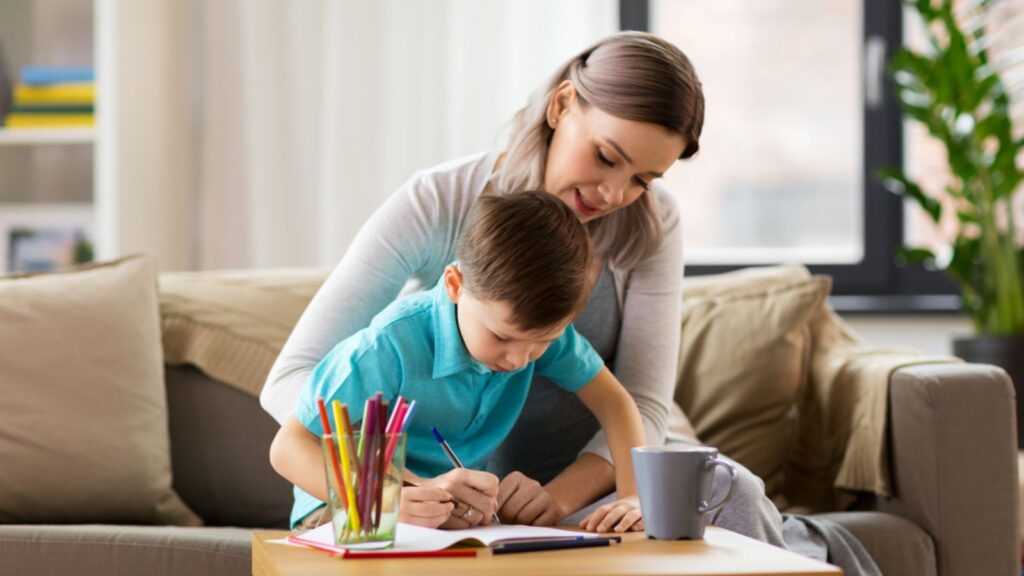
Expressing love only when grades are good, or kids are perfect angels is a recipe for disaster. Just like adults, kids make mistakes and need to know it’s okay. Conditional love can cause children to develop low self-esteem and believe they are only worthy of love when they meet certain expectations.
Parents should show their children unconditional love, no matter what mistakes they make or how imperfect they may be. Children need to know that their parents’ love for them is constant and unwavering.
13. Abandonment
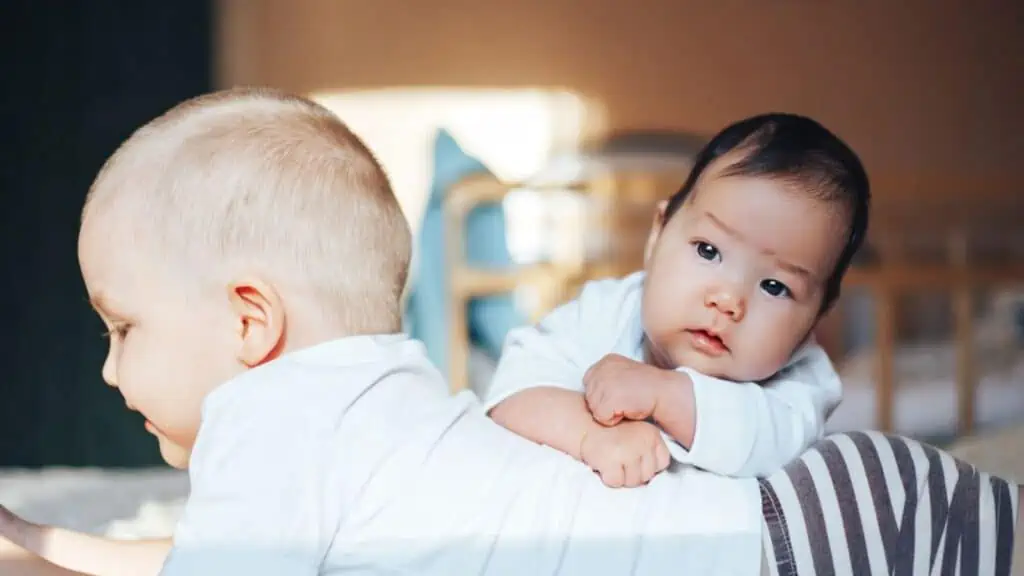
For kids grappling with their adoption or being raised by someone other than their parents, it can be heartbreaking for them to feel abandoned by their birth parents.
Even with supportive and loving adoptive parents or family, this feeling can affect a child’s self-worth and relationships in the future. It is important for adoptive parents to be open and honest with their children about their adoption and provide a safe space for them to express any feelings they may have.
14. No Showing Emotions
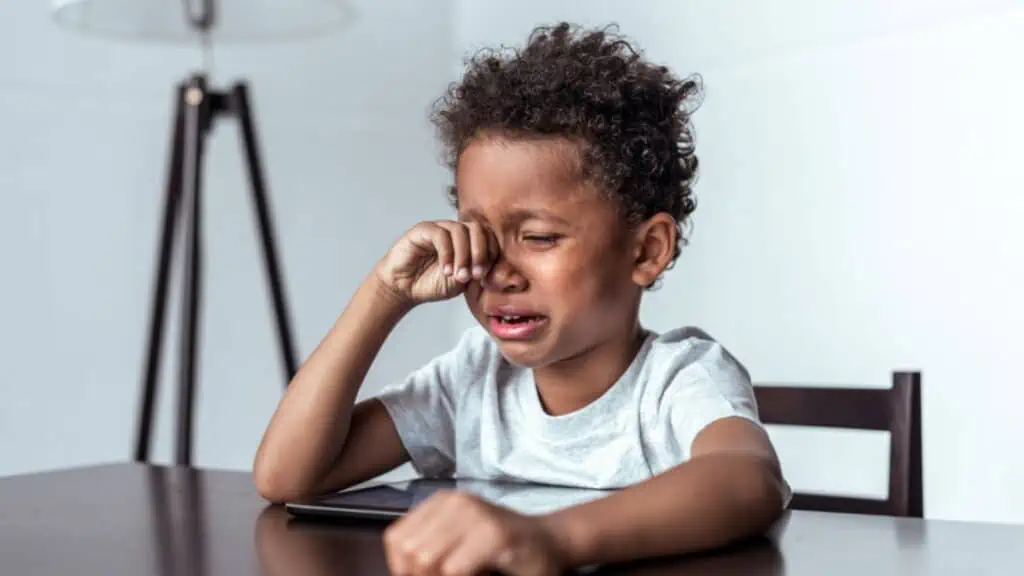
Expecting a child to bottle their emotions may give the parents less tantrums to deal with, but it will ruin a child’s emotional and psychological development. Children need to learn how to express and regulate their emotions healthily.
Parents should encourage their children to express their feelings and provide them with the necessary tools and support to do so. This will help build emotional intelligence and promote overall well-being in their child’s life.
15. Keep It To Yourself

When kids are taught to keep their emotions inside, they don’t have a healthy way to express and release pent-up feelings. This can lead to unexplained crying, lashing out, etc.
Parents should create a safe and open environment for their children to share their emotions without judgment. This will help promote emotional well-being and build a strong parent-child relationship based on trust and understanding. Keep open communication with your child about their feelings and remind them that it’s okay to not always be okay.
16. Gaslighting
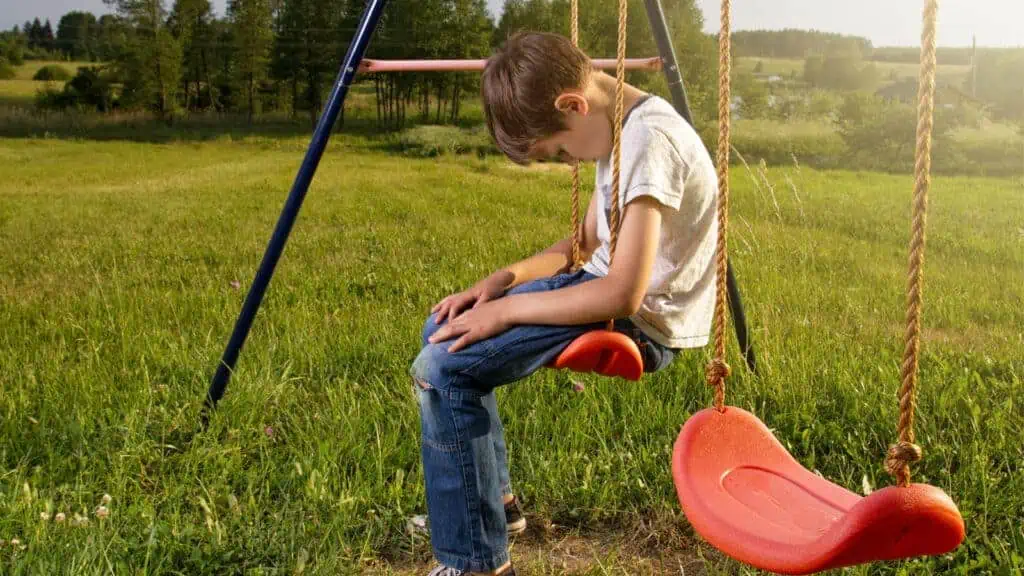
Gaslighting a child is a harmful and manipulative behavior that can have lasting negative effects on the child’s emotional and psychological well-being. It can make children question their own perceptions and beliefs, leading to self-doubt and low self-esteem.
Parents should never use gaslighting tactics on their children and instead foster a supportive, honest, and open environment for them to grow and thrive. It is crucial for parents to validate their child’s feelings and experiences, even if they may not understand or agree
17. Constantly Being Told They’re Bad
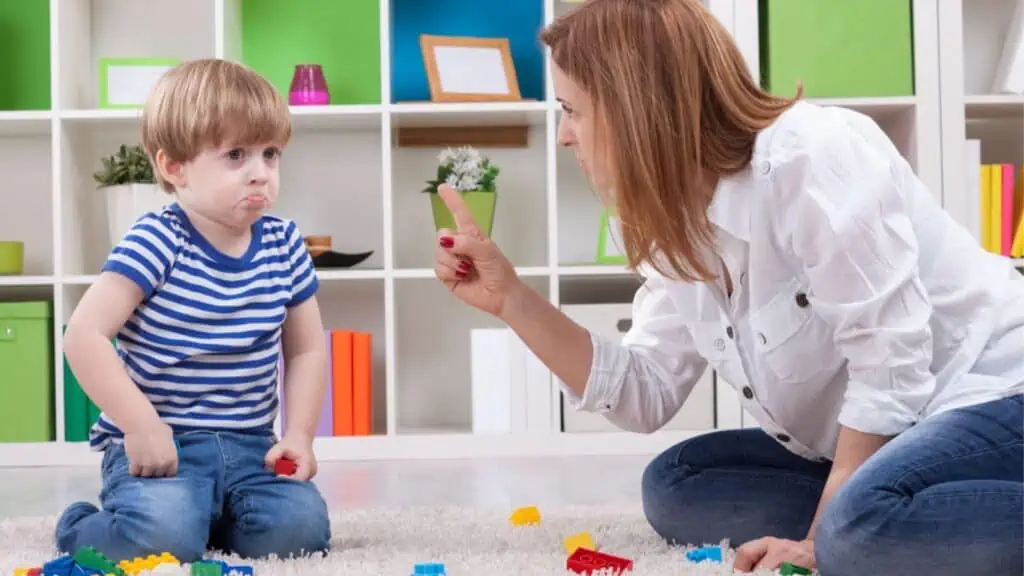
If a child is continually told that they’re naughty, bad, or other negative things, they’ll start to believe it at home, even if it isn’t true. This will give them a complex about their identity in adulthood.
Parents should remember to use positive reinforcement and praise their children for good behavior. This will help build their self-esteem and create a more positive self-image. Everyone makes mistakes, but it’s important not to label children as “bad” based on those mistakes.
18. Not Being the Child Of Their Choice
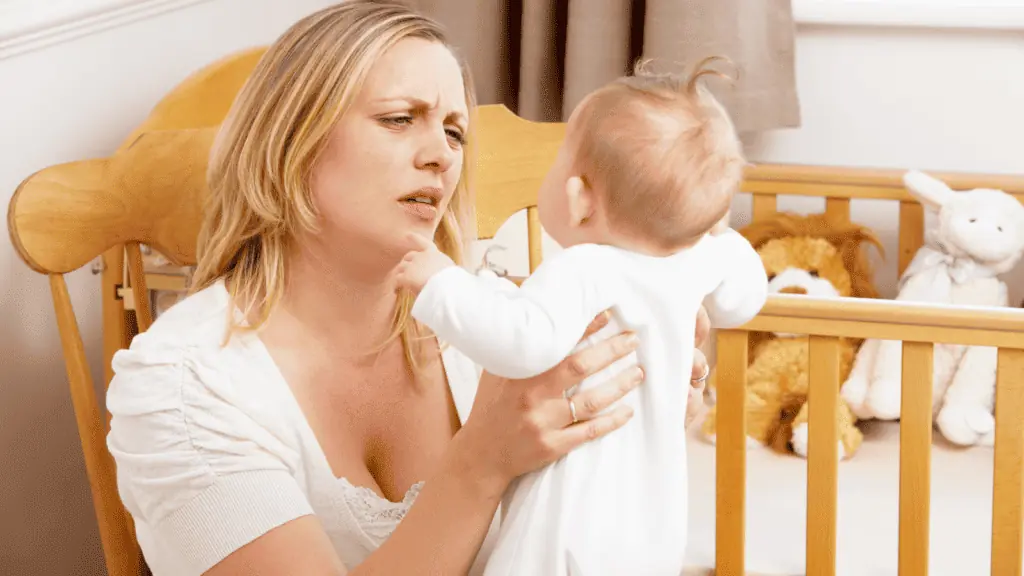
A child doesn’t choose to be born, let alone the family to be born into. It can be hurtful for a child to feel like they’re not what their parents wanted or expected because of their interests, gender, or other qualities.
Parents should love and accept their children for who they are, not who they wish them to be. Every child is unique and has their own individual strengths and weaknesses. Embrace those differences and support your child in discovering their own identity and interests.
19. Wishing for a Different Child

Along the same lines, children with parents who constantly wish they were more like another sibling or child are devastating for development. This creates a sense of inadequacy and can lead to feelings of resentment toward the favored sibling.
Parents should celebrate each child’s individuality and focus on their strengths instead of constantly comparing them to others. Each child brings something special to the family, and it’s important for parents to acknowledge and appreciate that.
20. Not Intervening When Kids Are Abused
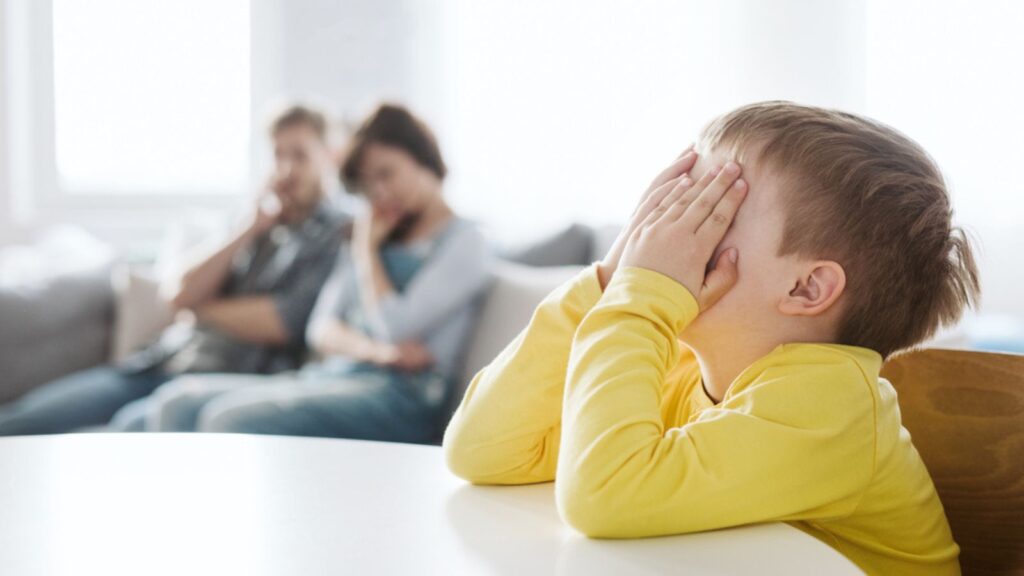
To live under an abusive parent is bad enough, but to have another parent know about the abuse and do nothing about it is even worse for some kids. This lack of protection and support from a parent can cause deep emotional scars and trust issues.
It is important for parents to stand up against abuse, whether it’s within the family or elsewhere. Children must know their parents will always have their back and protect them from harm. If there are concerns about abuse, seek help immediately and do not hesitate to involve authorities.
21. Expecting A Perfect Clone

Some parents are unhappy when the apple doesn’t fall right at the foot of the tree, and they do all they can to make their kids be like them. This type of pressure can be overwhelming for children and may cause them to lose their sense of self.
Parents should embrace their child’s uniqueness and support them in becoming the best version of themselves, not a replica of the parent. Encourage your child to explore different interests and find their own passions.
22. Parents Addicted To Drugs
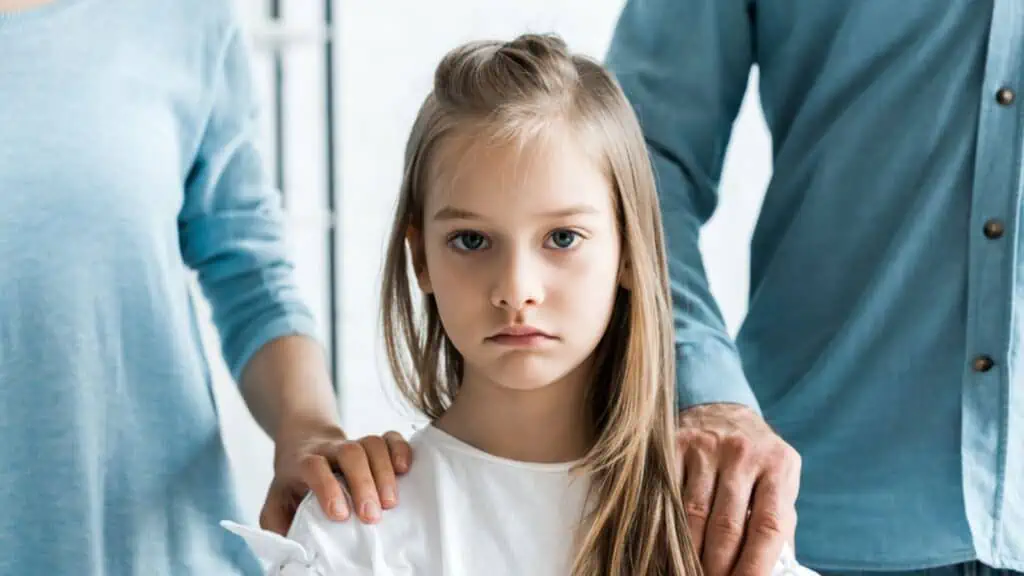
Growing up under parents addicted to drugs is traumatic, and, unfortunately, some have had to suffer through that. Witnessing erratic and dangerous behavior from a parent can cause severe emotional distress in children. It also puts them at risk for abuse, neglect, and instability.
Parents should seek help for their addiction and prioritize their child’s well-being. Children need a safe and stable environment to thrive, so it is crucial for parents to address any substance abuse issues they may have.
24. No Affection Displayed

When children see their parents displaying affection, they learn love, warmth, and the proper way a relationship should be. When parents show a lack of affection or are cold and distant, children can develop attachment issues and struggle with forming healthy relationships in the future.
Parents should express love and affection through words and deeds toward their children, spouse, and other family. This will help create a strong bond between parent and child and teach them how to show love in their own relationships.
20 Strong Words Parents Should Never Say to Their Kids
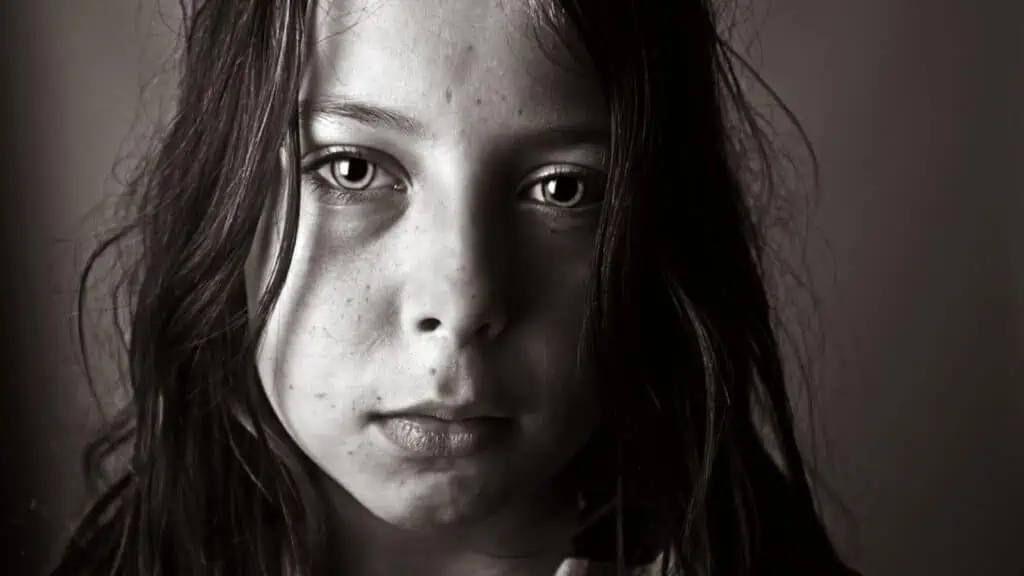
Countless adults sitting in a therapist’s office today are grappling with the lasting impact of words spoken by their parents during childhood. Regardless of how you perceive yourself, in your child’s eyes, you are nothing short of the most remarkable thing to happen to them since “skip intro.” This underscores the critical importance of being mindful of what you say to your children, as your words become the small but influential voice in their developing minds.
20 Strong Words Parents Should Never Say to Their Kids
How to Be a Good Mother: 16 Practical Tips

Being a mom is one of the world’s most important, challenging, and rewarding jobs. It’s also one of the most difficult to define. What does it mean to be a good mother? There are as many answers to that question, but none of them have anything to do with striving for perfection or doing more.

